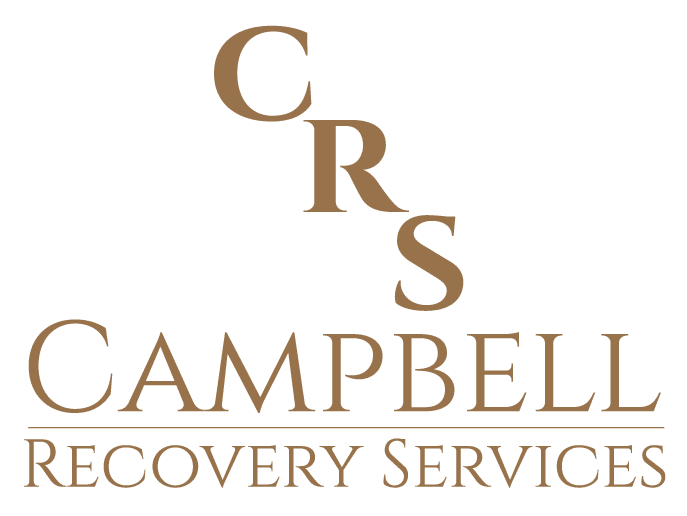Empowering Young Adults to Achieve Independence and Success
At Campbell Recovery Services, we understand the challenges that many young adults face when transitioning from adolescence to adulthood. Known as “failure to launch,” this struggle often involves difficulty in achieving independence, pursuing education or career goals, and managing responsibilities. Our specialized counseling services are designed to help young adults overcome these barriers and thrive in their personal and professional lives.
What is Failure to Launch?
Failure to launch is not a clinical diagnosis, but rather a descriptive term used to explain a pattern of behavior. Failure to launch is used to describe a pattern where young adults, typically in their late teens to early thirties, struggle to take on adult roles and responsibilities. This can manifest as:
- Difficulty securing or maintaining employment
- Trouble completing higher education or training programs
- Dependence on parents or family for financial and emotional support
- Lack of motivation or direction
- Social isolation or withdrawal
While these challenges can be frustrating for both the individual and their family, they often stem from underlying issues such as anxiety, depression, low self-esteem, or unresolved trauma. Failure to launch can have far-reaching effects, both for the young adult and their family. For the individual, it can lead to prolonged dependence, reduced self-esteem, and a sense of hopelessness. For families, it can create tension, frustration, and financial strain.
What Causes Failure to Launch?
There is no single cause of failure to launch. Instead, it usually results from a combination of factors, including:
- Mental Health Issues:
- Anxiety, depression, unresolved trauma, social anxiety, and other mental health conditions can make it difficult for young adults to take steps toward independence.
- Overprotective or Enabling Parenting:
- While well-intentioned, parents who are overly protective or who enable their child’s dependence may unintentionally hinder their development of essential life skills.
- Economic and Social Pressures:
- The rising costs of education, housing, and living expenses, combined with the pressure to succeed, can create significant barriers for young adults trying to achieve independence.
- Low Self-Esteem or Lack of Confidence:
- Young adults who struggle with self-worth or who fear failure may avoid taking risks or pursuing opportunities that could lead to greater independence.
- Substance Use or Behavioral Addictions:
- Compulsive behaviors, such as substance abuse or excessive gaming, can be both a symptom and a cause of failure to launch, creating a cycle of avoidance and dependency.
Our Approach to Counseling for Failure to Launch
At Campbell Recovery Services, we take a compassionate and holistic approach to address the complex factors contributing to failure to launch. Our experienced therapists work closely with clients to identify and overcome obstacles to independence, providing tailored support in the following areas:
- Building Life Skills:
- We help clients develop essential life skills, such as time management, financial planning, and self-care, empowering them to take charge of their lives with confidence.
- Career and Educational Guidance:
- Our counselors assist clients in setting realistic goals, exploring career and educational opportunities, and developing a plan to achieve their aspirations.
- Addressing Mental Health Challenges:
- Many young adults struggling with failure to launch face mental health issues like anxiety, depression, addictions, or social anxiety. We provide evidence-based therapeutic interventions to help clients manage these conditions and build resilience.
- Improving Family Dynamics:
- We recognize that family dynamics can play a significant role in failure to launch. Our counselors work with families to improve communication, set healthy boundaries, and support the young adult’s journey toward independence.
- Accountability:
- Accountability is a critical component in overcoming failure to launch, and a therapist plays a vital role in holding both the young adult and their family accountable to a structured plan. Accountability can include referrals to other professionals to assist in implementing other accountability measures such as drug testing, breathalyzers, and technology monitoring.





